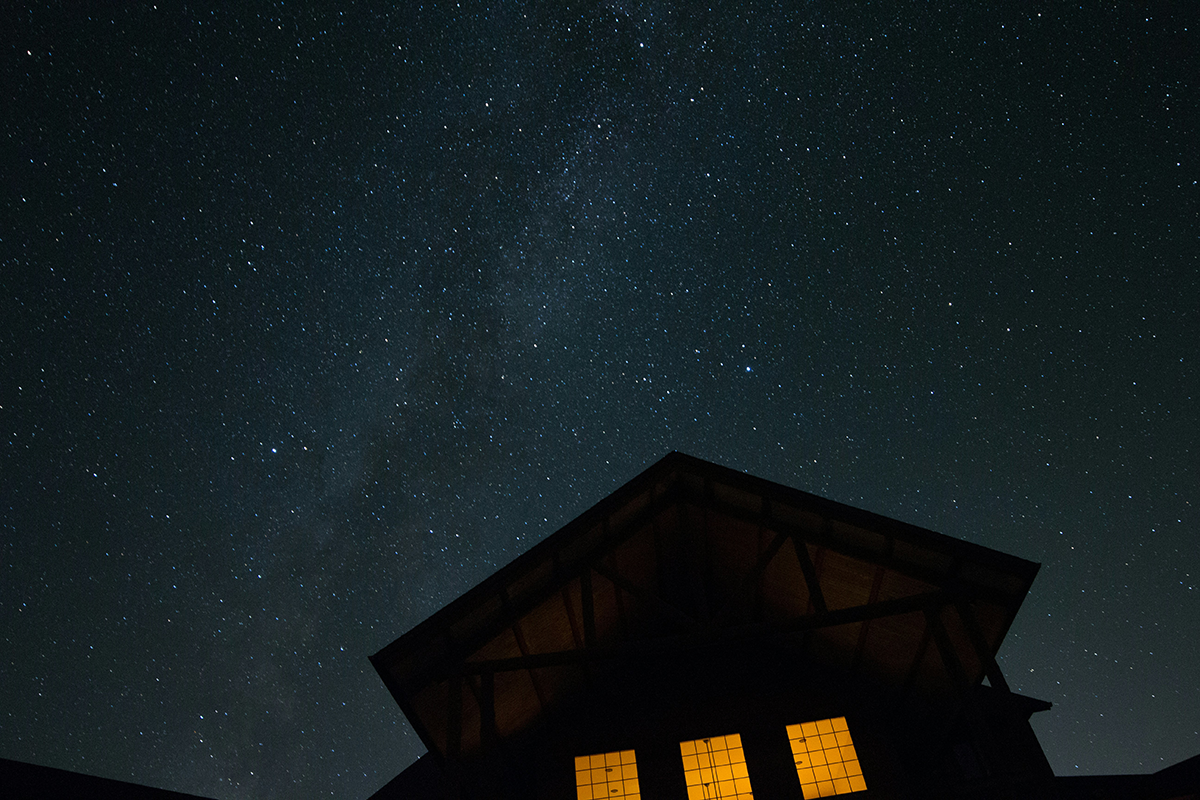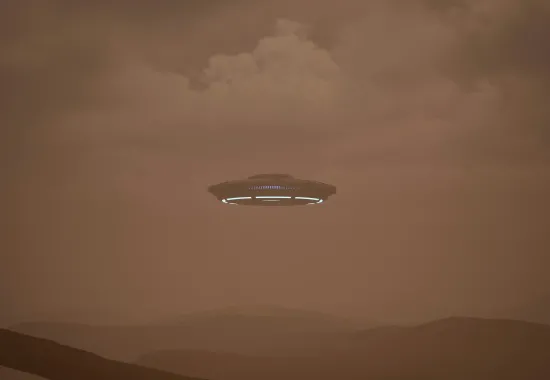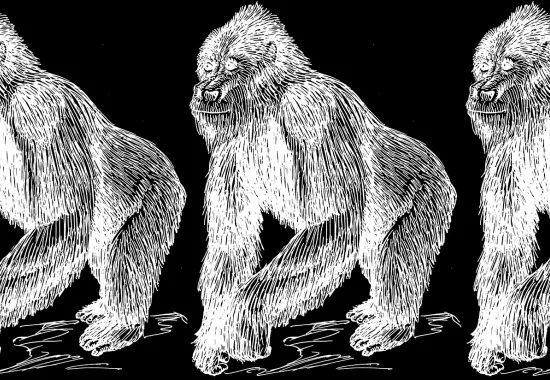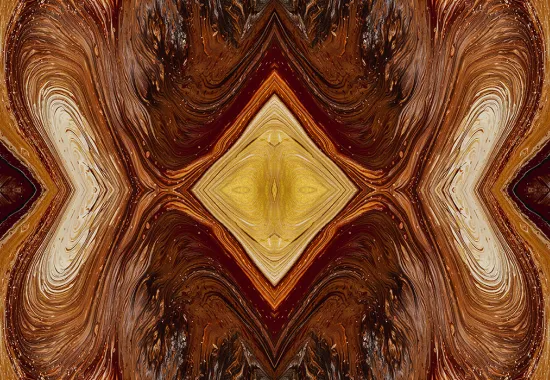& a butterfly bush
You’re drunk! said my wife one evening across the dinner table. This was during my first drinking career. I drank at home then and had discovered I could suck tequila straight from the bottle, which made it easier to down a slug unnoticed when I went to the kitchen for something during dinner or while cooking and my wife was in the other room. The bottles, then, I stored above the stove in the cabinet along with what, olive oil, did we keep the spices there too, or rare ingredients. When I say suck from the bottle I don’t mean pour or even guzzle: there’s air behind the tequila so you can suck at the bottle as if it’s thin plastic even though it’s glass, quick and neat that way, a big mouthful in half a second, cap the bottle while you swallow, put it back the way it was, label facing not quite straight ahead. In the morning, see just a third of the bottle left, or a quarter. I had gotten pretty good at this vocation. You’re drunk! my wife exclaimed at dinner, a look of surprise and anger on her face. Hurt, confusion.
•
Of course I was. How foolish of her not to have seen before, all those evenings. At the time, and for years afterwards, that was my reaction: how unobservant of her. How absent she must have been. She, absent, while I deepened into my drink. She wasn’t in touch with her own feelings, I thought confidently then, not in touch with her own whole interior life, so of course she was blind to my drunkenness. The belatedness of her epiphany, You’re drunk!, another bit of proof for how empty she was.
•
I loved cooking drunk. I’d be home first and get started. Cooking. And drinking. Down a couple shots, put away the bottle, then pour a pint glass full of amber ale—I’m having a beer after work, right?—take ingredients out and consider the plate. I’d play a CD, Anjelique Kidjo, Buena Vista Social Club, Johnny Cash American IV. Late light through the windows. Onions…can I conjure now what I cooked then, and how? Did I dance—bend and step in the release by alcohol from my private, darkening gulf that seemed to me so often to be the real world, its pull a lodestone kept close—did I dance alone in the lightness of liquor and beer? By the time my wife got home—long hours, lengthy commute—I was full of buzzy joy and would greet her happily, she too I thought later was relieved those evenings to see me light, breathing. And the house smelled good. But what did she see in fact, and what did she smell as we embraced. What was the look on her face. Who was she, and who I.
•
Another evening, my wife asked if I thought I had been very present in the marriage for the previous few years. I didn’t know what to say. I said nothing. A long, long pause. She looked across and I saw her face unmoving. Finally she said, Because I don’t think I have been. We were sitting at the same table in the same seats as when, before, or after, I’ve lost track, she, pained, angered, suddenly seeing, or suddenly saying, she had blurted out my glaring secret, You’re drunk.
•
And this—the question of presentness, the announcement drunk, the first drinking career—all this in the narrow house, tall—Victorian, 1889—that we painted five colors by hand with brushes to really work the paint into every outside surface. We lived in that house. We really did. Five years. I painted the bedroom walls aubergine and its floor deep, deep blue. We built raised beds way down the back yard and my wife gardened there, grew vegetables and after work and on weekends she weeded, had friends over around a firepit, she planted flowers to the side of the house and its porch, a butterfly bush that reached up much taller than I and out far wider than two arms stretched, the bush and its purple clumps of sweet flowers beside the low fence I built jutting from the house’s long side to separate front from back, public from private. One August, down back amidst the raised beds, I took pictures of intentional thistles and their slow bees with a pinhole camera made from a castoff church speaker shaped to fit up in a corner. We lived there, in that house.
•
I was slurring. That is how finally she saw. I think that’s it. Maybe that’s it. And maybe my head bobbed down towards my plate? This was unusual, the slurring. I was an articulate drunk. Words matter. At times I have thought they are all we have, all we can know of each other. I cling to them, words, to the ones I say and to the ones others say, and I try to fix their meaning even as I am enamored of their swirl, their multiplicity, their stretch and modulation, their enormous changeability in the moment and over time and in memory, in memoriam, may I please one day put words to rest. You’re drunk! Truer words were never uttered.
•
How did I respond? Did I? Respond?
•
And one night after my wife had opened the airline ticket envelope and saw my flight east would pause three hours in Denver, where Sian lived, Sian whose lipstick smudge and polaroid I had brought home with me from the Wyoming artist colony where we had met two years earlier just when I turned thirty—after my wife saw the space I planned, the time, the plane dip down to Denver, leave me off for the fullness of an open afternoon in someone else’s presence, that fantasy I didn’t know was fantasy, in their city, in their airport, the planes landing and taking off and families, students, couples, tourists and those on business, passed through, lending the scent of all elsewheres, alternate times, refigured lives, dust of another path, on me on my tryst the airline ticket announced: after seeing this plain as day, one evening, and I what, hemmed and hawed, did I say the flight just went that way, how carefully did I choose after how long the fat pauses my misdirecting words in the face of the ticket and before her face, that one evening, dark out and cold, a drizzle, my wife left the house in her coat and I stood immobile in the kitchen, then finally turned, glancing out back to see my wife standing still, long coat in night’s drifting mist, her shoulders square by the old garage, hands in pockets, back straight up to the sky, feet planted on the long 2x12 we had set there as a bench, her eyes wide, staring through the kitchen windows to see me in the incandescence, caught.
Yes, how present. Was I.
Recommended
Schizophrenic Sedona
Recense (realized)
Notes on Hands






